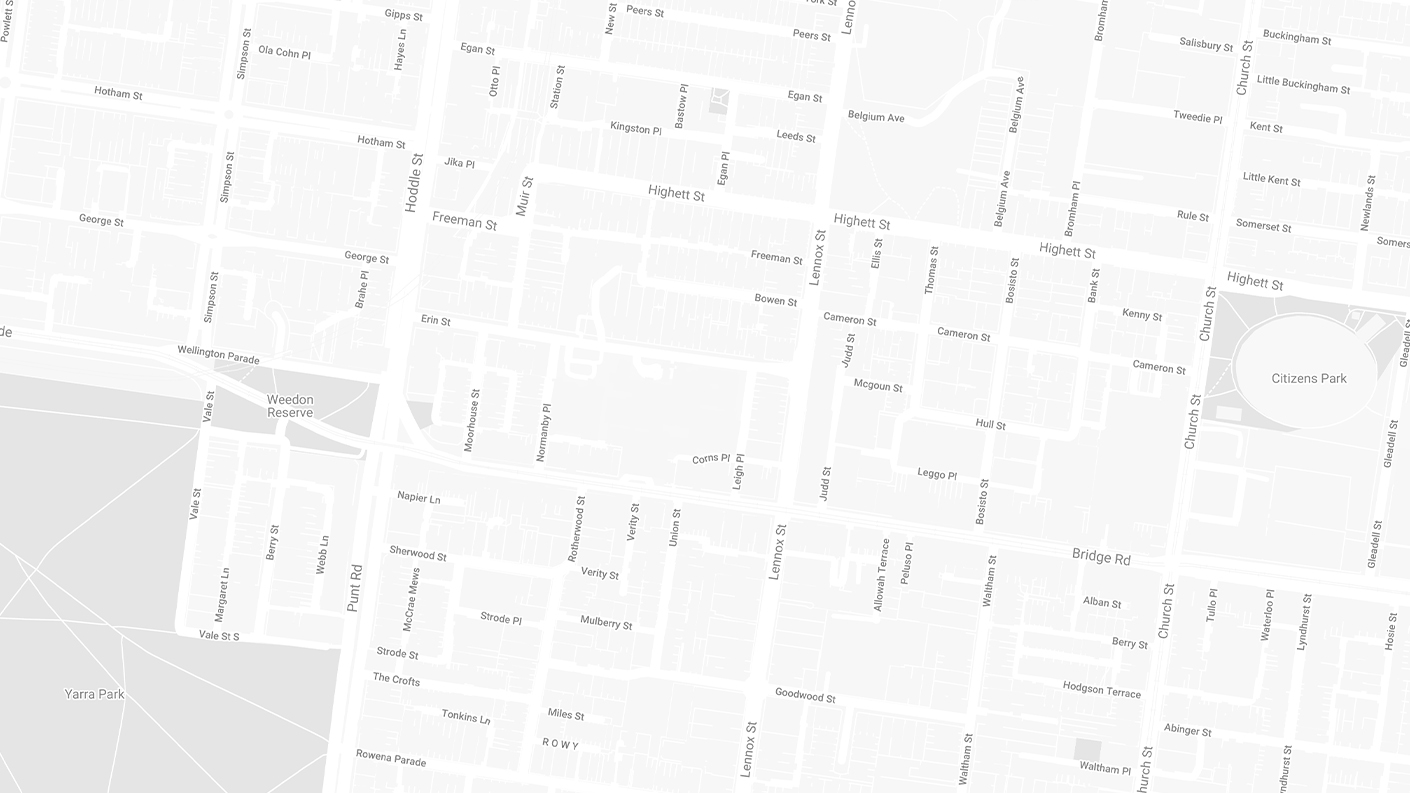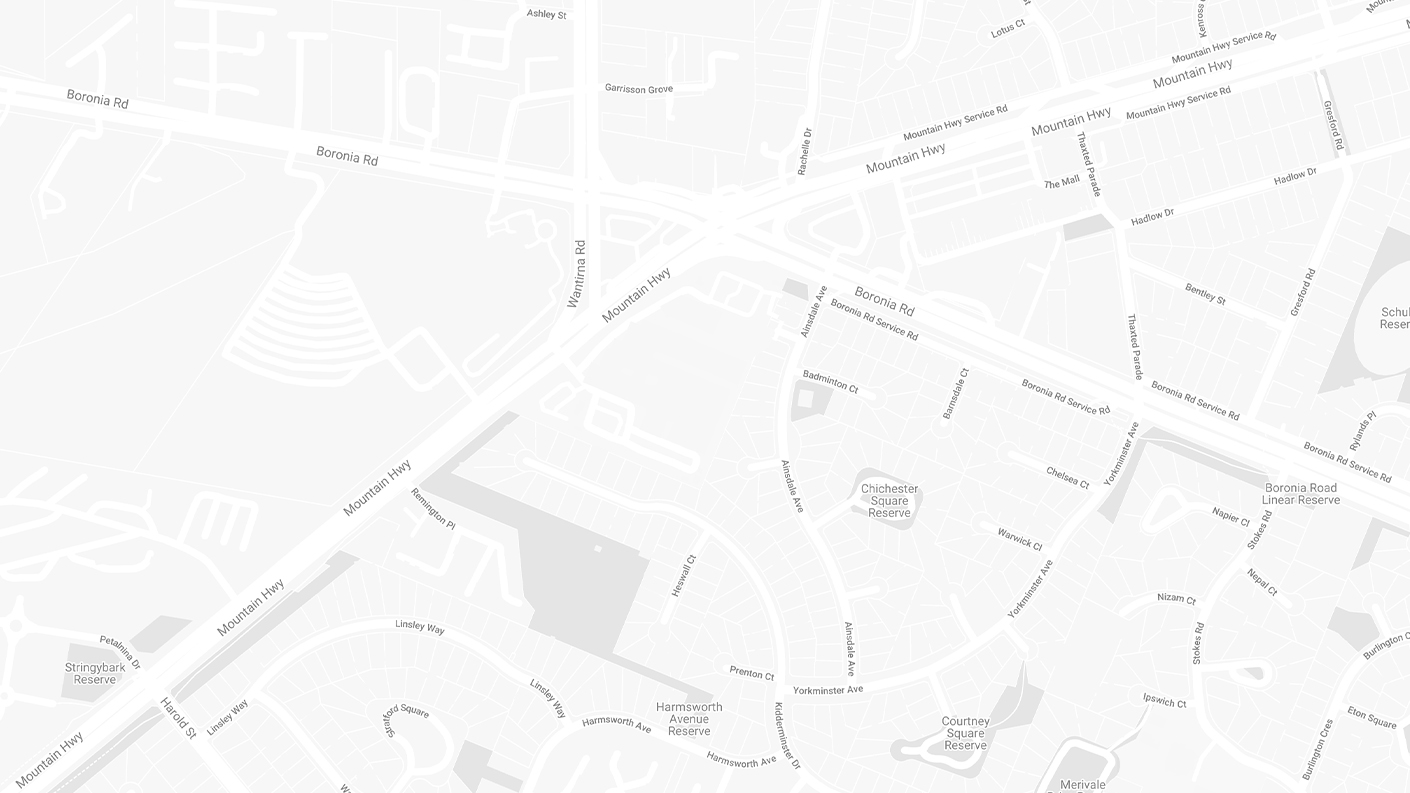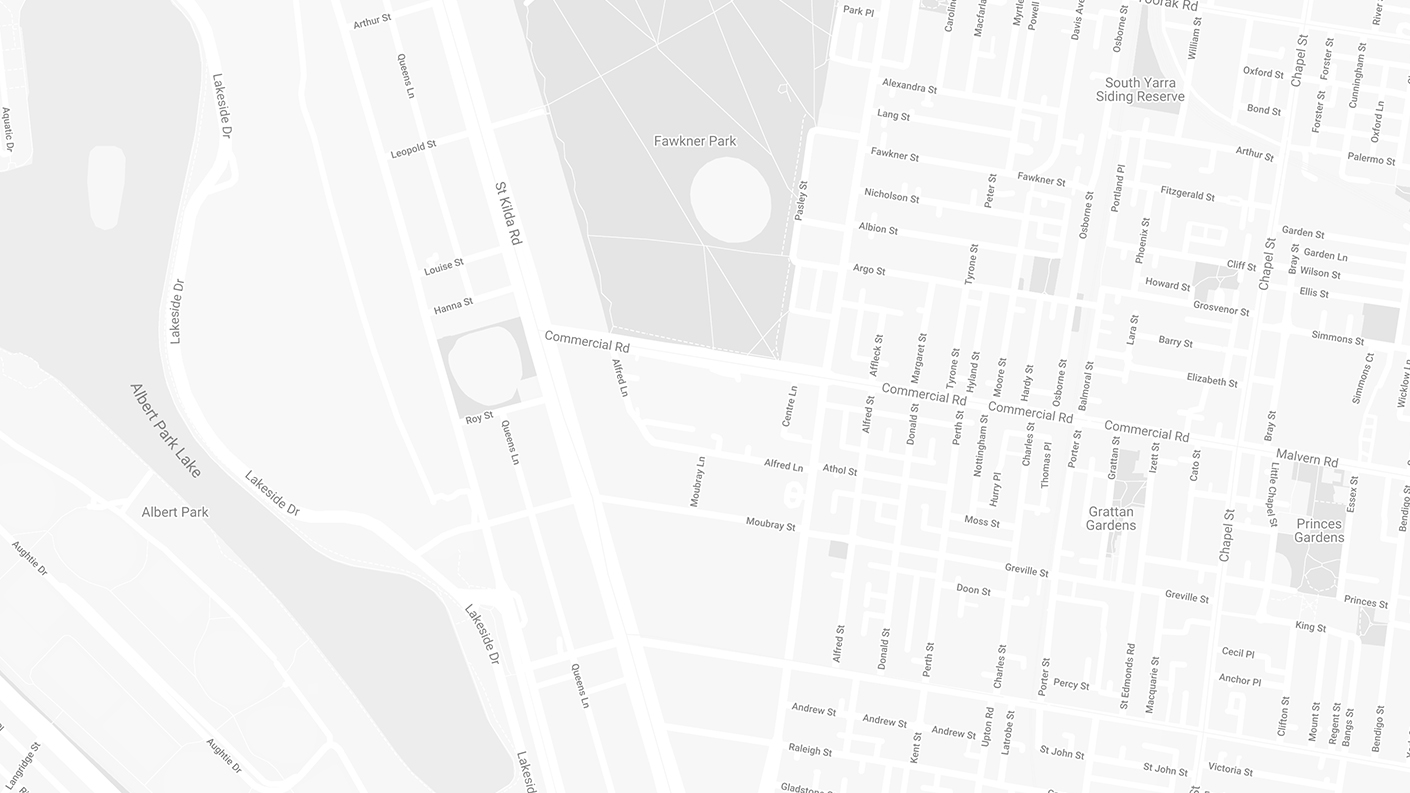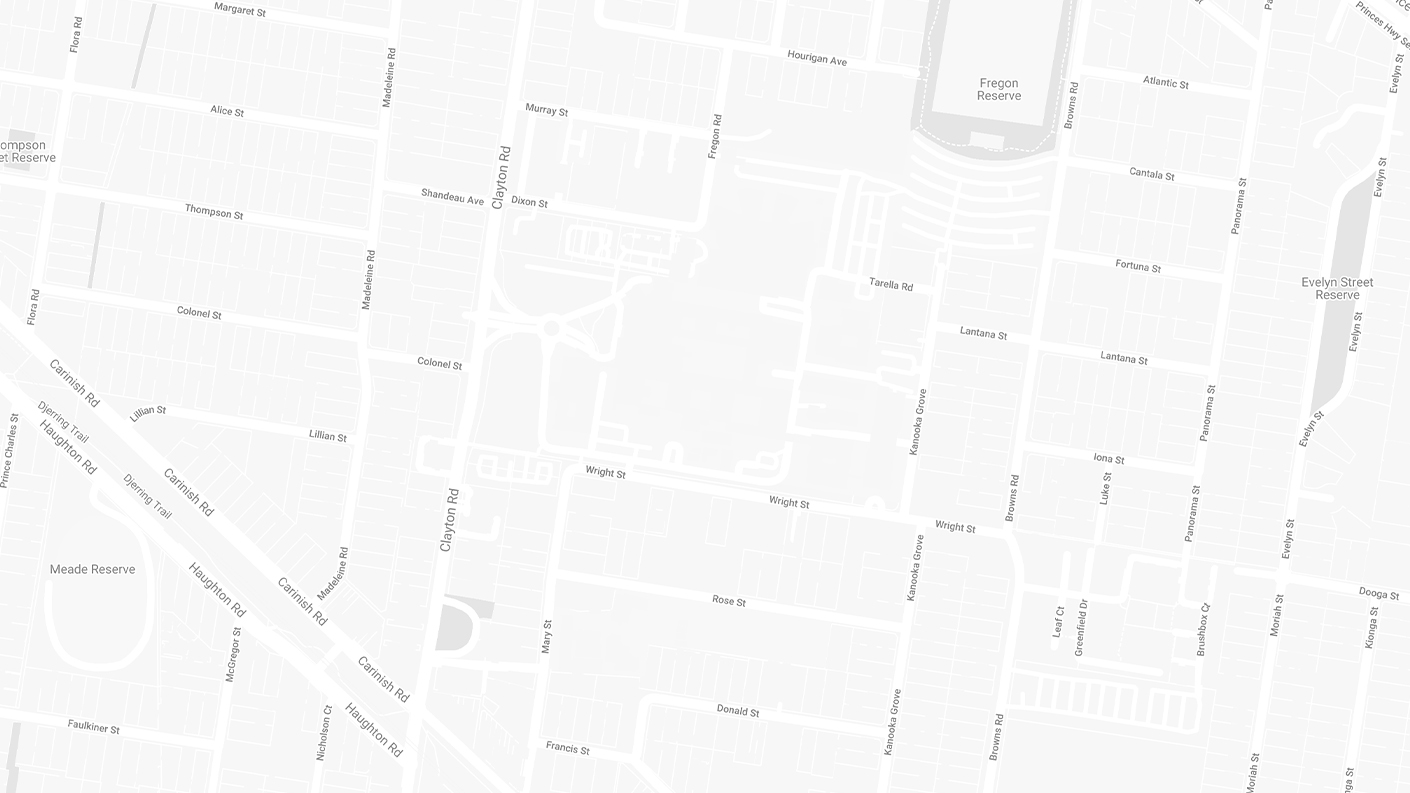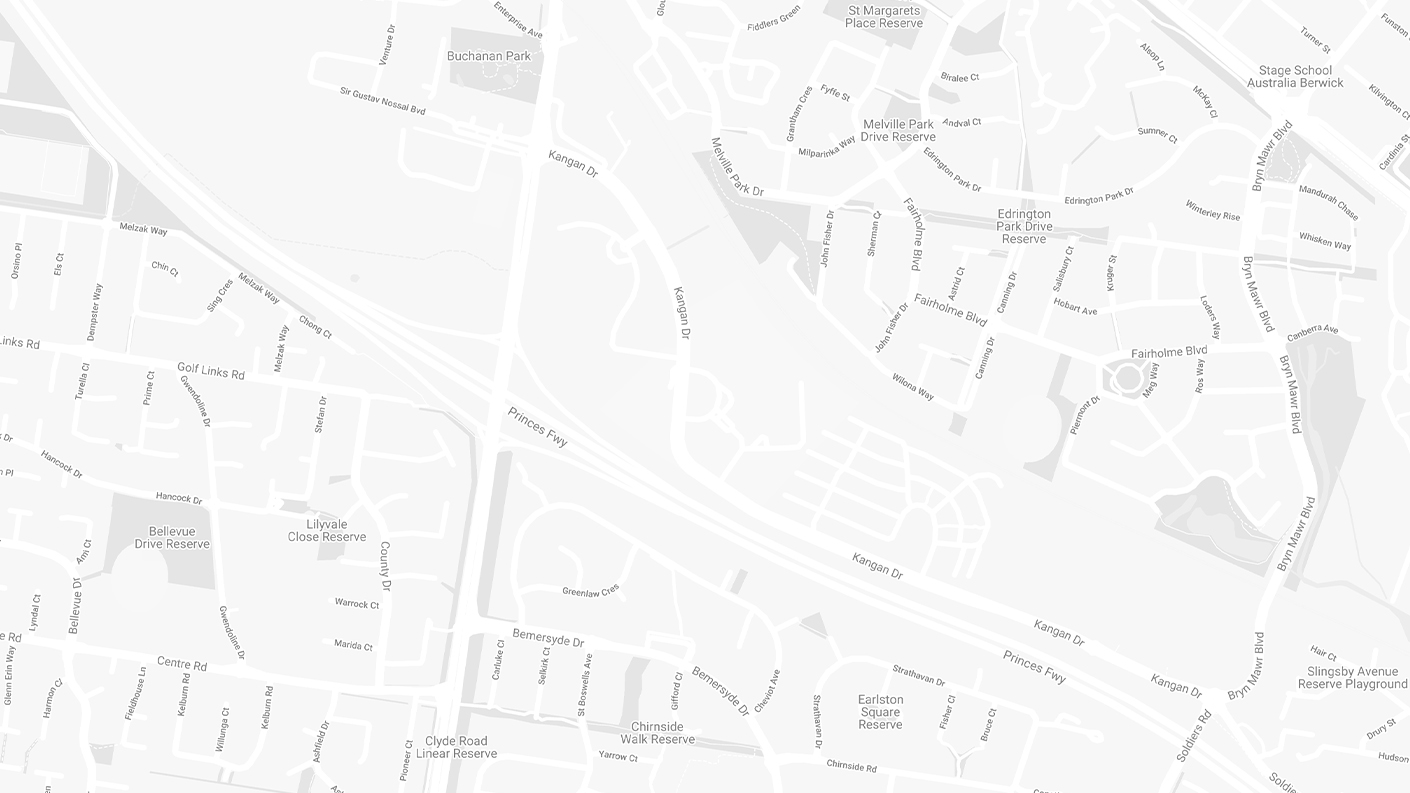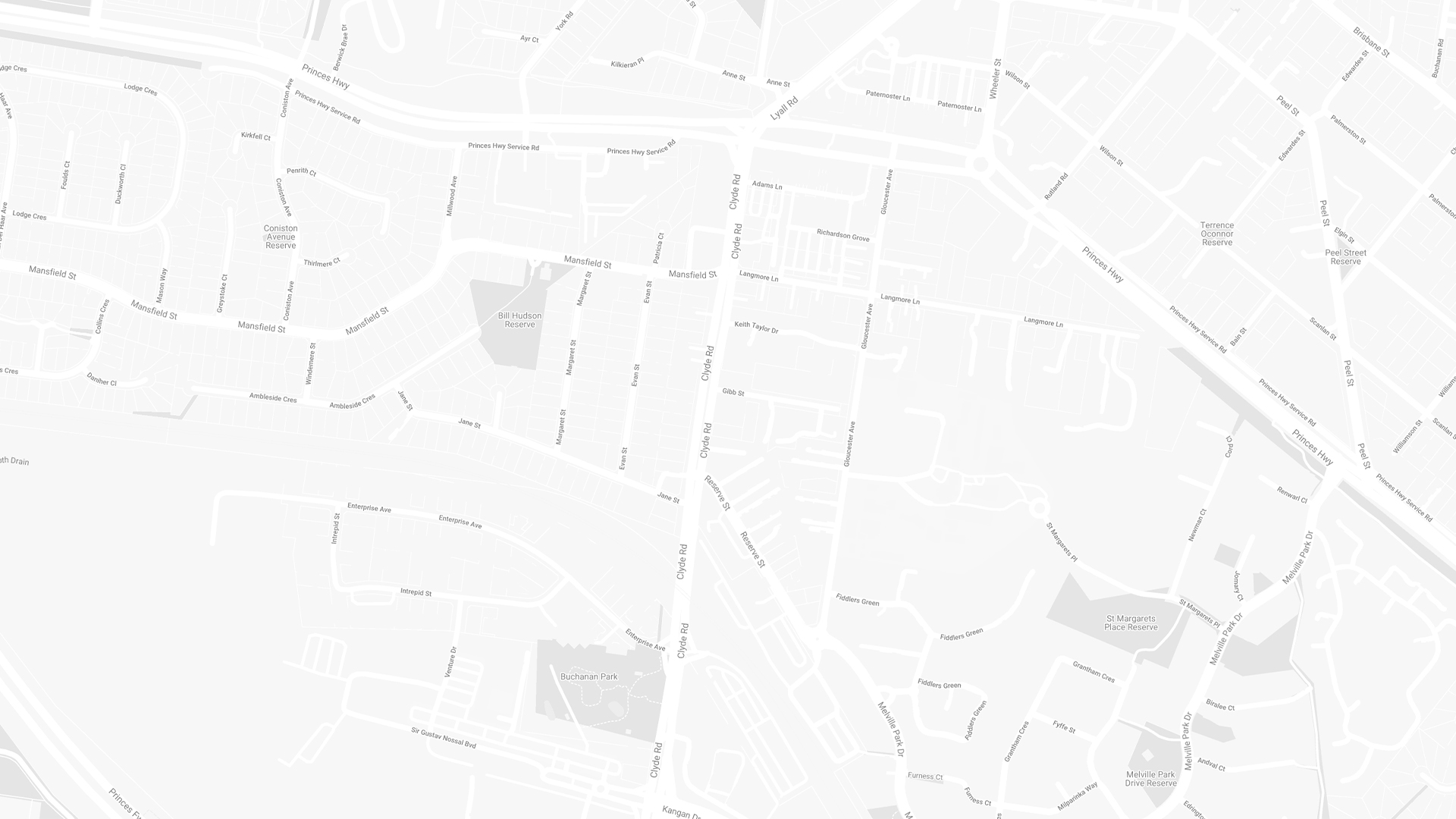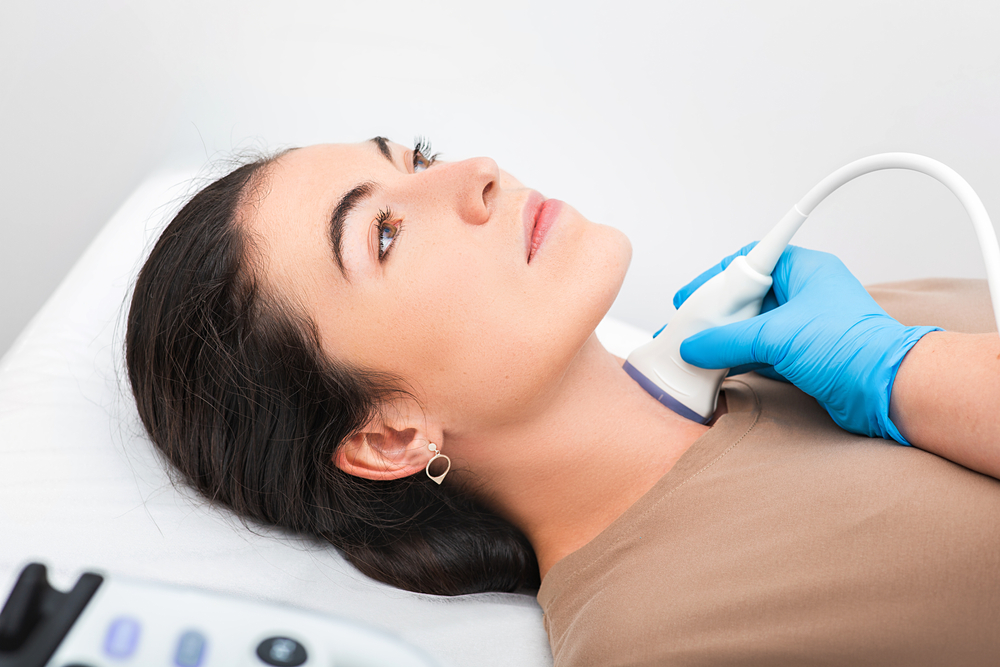
Thyroid surgery may be recommended in the case of nodules, goiters or hyperthyroidism.
The thyroid is a small gland that is found in the lower part of the neck. Shaped much like a butterfly, the gland produces hormones that help to regulate the body’s metabolism. The thyroid also plays a very important role in the way in which our organs function. When the thyroid does not function as it should, a number of problems can occur. When the thyroid produces more hormone than it should, for example, or when structural issues occur, it is sometimes necessary to have all or part of the thyroid gland removed.
Read on to find out more about thyroid surgery, when it is recommended and what the recovery involves…
Why is thyroid surgery performed?
Thyroid surgery may be recommended for a number of reasons. One of the most common reasons is to remove nodules or tumours that develop on the thyroid gland. While most thyroid nodules are harmless, some can be cancerous or cause an obstruction of the throat.
Your doctor may recommend thyroid surgery if they identify what is known as a goiter. A goiter develops when the thyroid gland becomes so swollen that it blocks the throat. If left untreated, goiters can cause problems with breathing, eating and speaking.
Thyroid surgery is also sometimes performed as treatment for hyperthyroidism, a condition that causes the thyroid to produce too much hormone.
What does thyroid surgery involve?
There are a number of types of thyroid surgery, the most common of which include total thyroidectomy, in which the entire thyroid gland is removed; subtotal thyroidectomy, in which some thyroid function is preserved; and lobectomy, in which one of the thyroid lobes is removed.
If you have been referred for thyroid surgery, your procedure will be done in a hospital under general anaesthetic. Once the anaesthetic has been administered, your surgeon will make an incision over the thyroid gland. They will then remove all or part of the gland, taking great care not to cause damage to the surrounding nerves and glands.
If you have any questions or concerns about your particular surgery, don’t be afraid to raise them with your surgeon before your treatment begins. During your consultation, your surgeon will explain the details of your procedure with you and provide you with any information that you need to ensure a smooth surgery and recovery process.
What can you expect from the recovery?
Although every patient is different, you can generally expect to resume your usual activities within a day or two following surgery. You will need to avoid strenuous exercise for around 10 days after your procedure, and your surgeon will give you the go-ahead once you are well enough.
It is completely normal to experience some pain in your throat for a few days after your treatment. In most cases, over-the-counter medications can help to ease your discomfort.
Once you have had all or part of your thyroid gland removed, you might develop a condition called hypothyroidism in which too little hormone is produced. In this case, your doctor will prescribe medications formulated to balance your hormone levels.
How can we help?
Associate Professor James Lee offers a range of endocrine surgeries, including total thyroidectomy; hemithyroidectomy; isthmectomy; and lymph node dissection.
If you have a problem related to your thyroid and have been referred for surgery, we encourage you to come in and see Associate Professor James Lee for a consultation. He will do his best to provide you with all the information you need to feel confident and informed before you go ahead with your treatment.
If you would like to find out more about the range of endocrine-related services that Associate Professor James Lee provides, please have a look here.
If you would like to arrange a consultation with Associate Professor James Lee, please get in touch here or give us a call on (03) 9246 6466.
CONTACT US
Get in touch

Ask a question or Book an appointment.
Please fill in the online enquiry form to ask a question or book an appointment.
Or call today on (03) 9246 6466
Get in touch
For any enquiries, concerns, or to book a consultation, get in touch with our friendly team. We look forward to hearing from you.
